On December 6, Palestinian poet, storyteller and professor Refaat Alareer was assassinated in Gaza by a "surgical" strike aimed precisely at the floor of the small building where he and his sister's family had taken refuge. Seven other people, including four children, were also killed in the bombing, and three others wounded. In tribute to this leading intellectual figure from Gaza, we publish a text by one of his former students. Refaat’s spirit and his love for words continues to live on...
Refaat said for Palestinians to keep their memory and cause alive, they have to carry on telling their side of the story.
It is hard to write about Refaat Alareer, the person who instilled in me and so many other young people in Gaza a love of the written word.
Now that I find myself writing this farewell article for him, I am lost for words. Oddly, I don’t feel he’s gone. It’s hard to believe that he’s just a memory now, hard to accept that he’ll never again show up in his classroom, share his wit and the humor for which he was famous.
Among those of us who came to know him over the years, Refaat is immortal — he’s an idea, and ideas don’t die. Refaat is a word and a story, Refaat is a pen and a pun. Refaat is our poet, storyteller and mentor.
Born in 1979, the son of Al Shujaiya neighborhood in Gaza city — he loved to introduce himself in this way — Refaat has been an inspiration to a whole generation of Palestinians who came of age under siege in Gaza, youth he guided and supported to become storytellers.
Refaat was so energetic and giving with his time that now and then it seemed he could be present in two separate places at the same time.
He was universal in his teaching, introducing us to Malcolm X, John Donne, Shakespeare and Edgar Allan Poe alongside the works of Palestinian authors such as Edward Said, Susan Abulhawa, Ibrahim Nasrallah and Mourid Bargouthi, among others.
Refaat told us that it was his grandmother, Kamla, who planted in him the love of storytelling. His grandfather would bribe him with gifts to stay with him, but Refaat always chose the stories of his grandmother.
In a TEDx talk he gave in 2015, Refaat quoted a native Canadian asking colonizers, “if this is your land, where is your story?” The story he knew about Palestine and Gaza was Refaat’s way of proving his connection to the land of his ancestors.
Early in his life, Refaat was shot and injured three times. He survived and emerged stronger.
“I have never been caught in my life. I was shot three times with rubber-coated metal bullets and was beaten only when the soldiers stormed our home,” he wrote.
Refaat’s uncle, Tayseer Alareer, was killed by Israeli forces while he was working on his land in 2001 to the east of Al Shujaiya and his brother Hamada was also killed by Israel in 2014.
Around the same time, Refaat’s family house was also destroyed. When Israelis destroy a home, the occupants return after a while to collect valuables like jewelry or family heirlooms and photos; Refaat dug into the heap of concrete and steel looking for writings of his students.
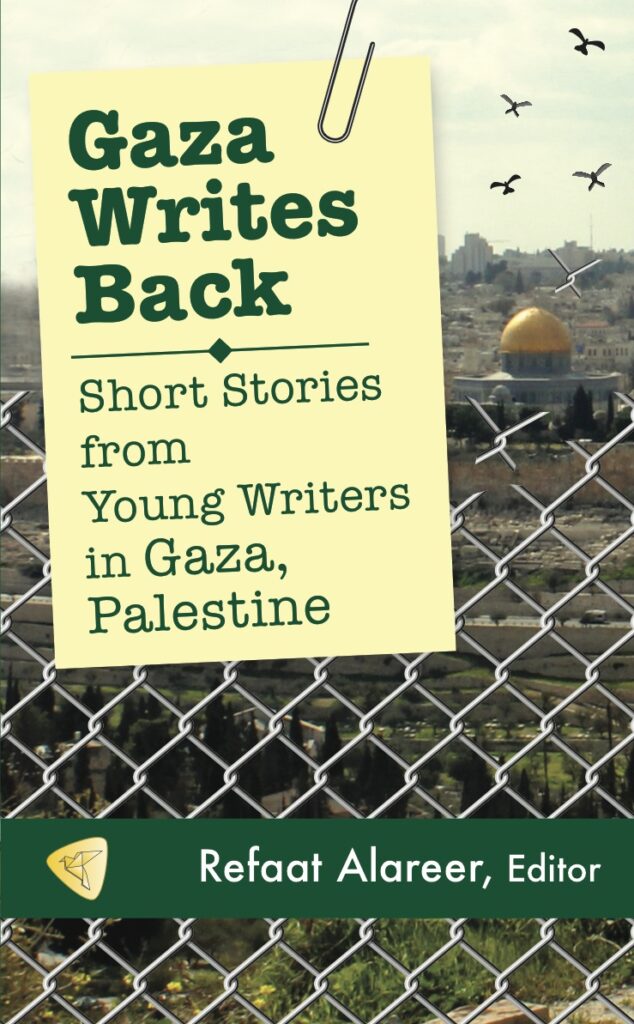
Refaat had a great love for literature, such that one of our classmates once joked that he keeps a copy of Hamlet under his pillow when he sleeps. Refaat laughed when he heard the joke. His humility and easy-going manner meant many of his students became his close friends. He could be tough with grades, but we still loved him as we knew that the impact of hard-earned grades would last longer.
Refaat’s connection with his students was not limited to the classroom. He would often invite us to have classes in the open air or near the beach, which is now under the occupation of Israeli forces. He would invite us for coffee and always checked on us and on our families.
Refaat edited an anthology in 2014 in which he gathered some of the best writing he could find. Inspired by the Empire Writes Back, Refaat chose Gaza Writes Back: Short Stories From Young Writers in Gaza as its title. He wanted it to be Gaza’s voice to the world. Soon after the end of the 2008-9 Israeli war on Gaza, he asked his students, including me, to write short stories as part of our school assignment, and he chose some of these stories and published them.
Through this book, Refaat wanted to debunk claims about Palestinians in Gaza through literature, because he believed that literature is universal and timeless and could be read at any time in the future as if it were written now. Gaza Writes Back was translated into Malay, Turkish, Italian, and Bengali.
Refaat believed that stories have a huge power of transcending ideas and people. He used to tell us that the Zionist movement didn’t colonize Palestine in one go — Zionists worked for decades to build a narrative justifying the occupation of Palestine. Zionism first created an imaginary homeland in the minds of its followers through mythology and stories.
Refaat argued that for Palestinians to keep their memory and cause alive, they have to carry on telling their side of the story. If we stop telling stories, we’ll betray our ancestors, he would remind us constantly.
In 2014, I traveled with Refaat Alareer and Rawan Yaghi, another contributor to his anthology, to the United States to talk about Gaza and Palestine’s storytelling culture.
Refaat always left a huge impact on people he met. We toured seven states together, speaking at churches, unions, community centers and schools, and Refaat used his knowledge and sense of humor to convey Gaza’s story effectively.
Refaat’s wife and kids were at another location when he was killed. He would always speak about his children and what they meant to him.
Refaat had a sense of dark humor and language was his game. He was quick to make jokes or puns, entertaining those around him. He had multiple skills and was active on social media tweeting about Gaza in English.
Once, he assigned his students the task to create a Twitter/X account and tweet in English to plant in them the seed of storytelling. His use of social media is how many people around the world came to know Refaat.
I happened to be on the same flight as Refaat in 2013. We both were heading for postgraduate studies in Malaysia, Refaat for his PhD and I for my Masters. He asked me if I had a place to stay to which I answered no. He invited me to stay with him until I found lodging. He was so kind to me, but his dark humor was always there. After I left, I had dinner at another friend’s place, and I posted that I could finally say that I had dinner. He called me “ungrateful,” and demanded that I buy a watermelon — a fruit we Palestinians love — and visit him to show remorse, and so I did.
Refaat was a threat to the Israeli narrative and that’s why Israeli intelligence called him and told him that they would get him and that they knew he was taking shelter at a school. Refaat chose to leave the school and headed to his sister’s house where he was killed by an Israeli airstrike at 6:00 pm on December 6.
In his introduction to Gaza Writes Back, Refaat quoted Chinua Achebe, writing, “storytellers are a threat. They threaten all champions of control. They frighten usurpers of the right to freedom of the human spirit.”
“There is a Palestine inside all of us, a Palestine that needs to be rescued where all people regardless of color, race and religion could co-exist…Palestine is a martyr away, a missile away, a tear away or a whimper away, Palestine is a story away,” he wrote.
Refaat’s stories always brought us closer to our homeland and we remember Refaat carrying a book in his hand and rushing to yet another appointment, always multitasking. As Refaat wanted us to do in a poem titled “If I must die,” he wrote in 2011, but pinned to his timeline in November 2023, we will turn your story into a tale.
If I Must Die
Refaat Alareer
If I must die,
you must live
to tell my story
to sell my things
to buy a piece of cloth
and some strings,
(make it white with a long tail)
so that a child, somewhere in Gaza
while looking heaven in the eye
awaiting his dad who left in a blaze –
and bid no one farewell
not even to his flesh
not even to himself –
sees the kite, my kite you made, flying up
above
and thinks for a moment an angel is there
bringing back love
If I must die
let it bring hope
let it be a tale.
Refaat told a close friend a day before he was killed that he felt tired after 60 days, because he was looking after dozens of people who needed food and medicine to survive.
Everyday, he walked miles to find access to the internet to report on what was happening in Gaza. He wrote to me on Sunday that he had seen destruction in western Gaza City that was similar to World War II.
As Refaat wanted his killing to be hope for the Palestinians, people around the world should too. Seeing all these translations of his poems and pictures in dozens of protests and vigils across the globe is what Refaat wanted, for his message to get across to as many people as possible. Refaat didn’t die, he multiplied, as Palestinian writer Susan Abulhawa says, because Refaat is an idea and ideas don’t die.
An earlier version of this story appeared in TRT World.



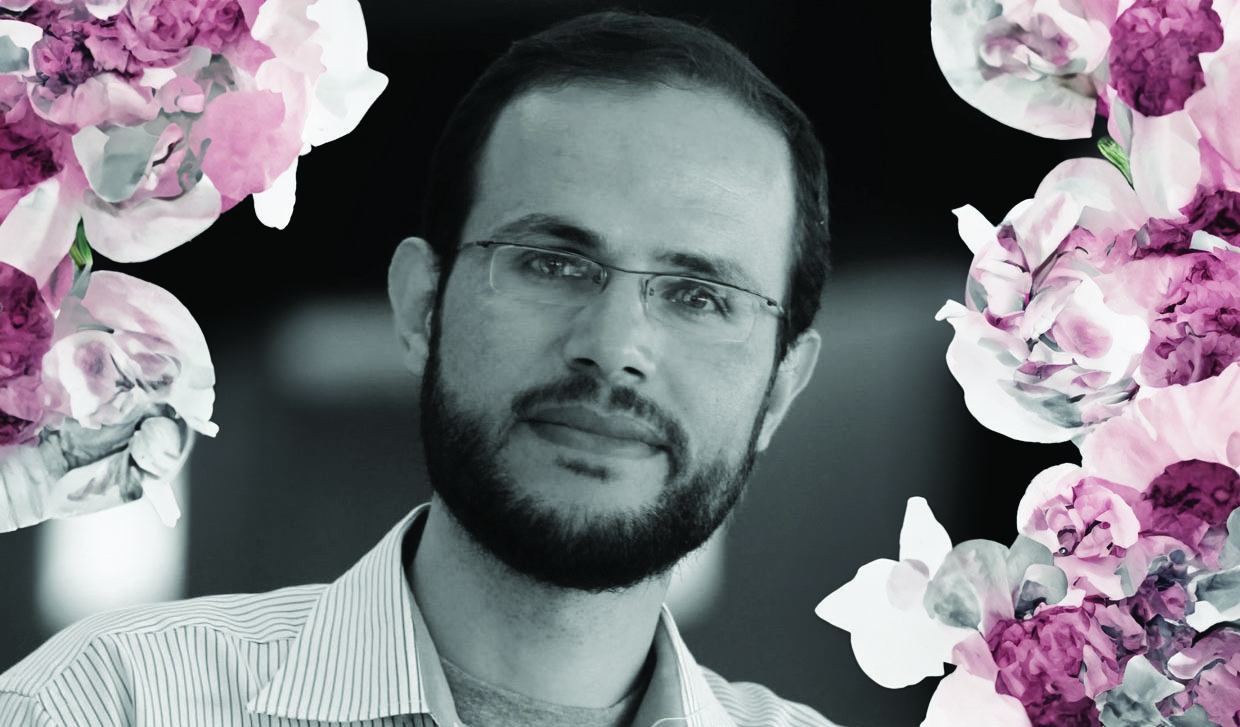
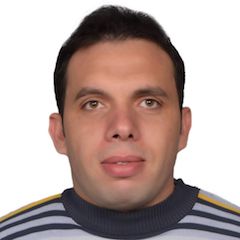
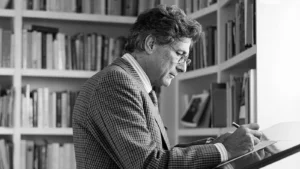
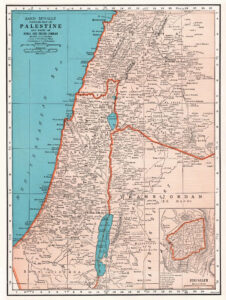

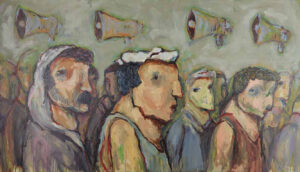



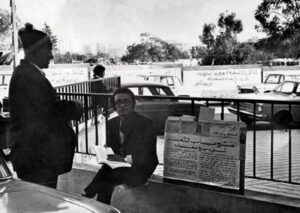


















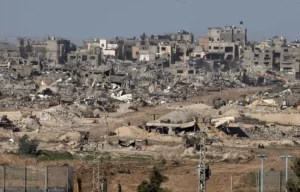
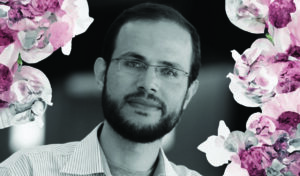







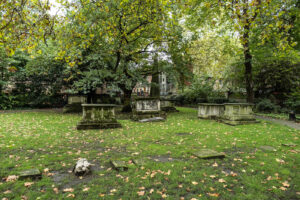

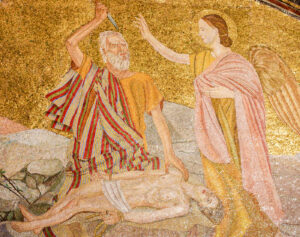
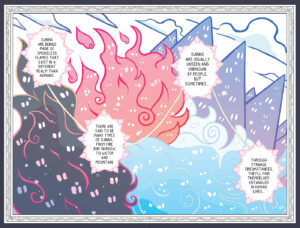



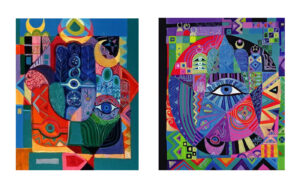
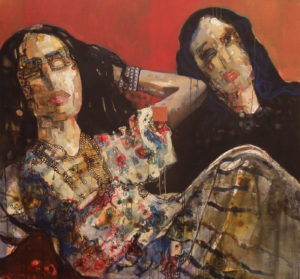









https://www.youtube.com/watch?v=tpW4dm29SnM
https://www.youtube.com/@TraditionalFutures/videos
What a beautiful tribute to an extraordinary man in your piece of writing, and such an exquisitely balanced personal tribute , Dear Yousef! Thank you.
Ideas sustain us and are indeed immortal.
His death galvanised me into action and I’m now decanting my lifetime of traditional Scottish songs and stories. My response to his kite poem, to which you responded, was to dare to create the first post on my new YouTube channel. Thank you for your response. He was the catalyst. A tiny thing, yet I will keep him in my thoughts because I still have the gift of life. And it’s the very least I can do.
Blessings on your own exquisite balance. Because, just like his kite — it holds hope. 🥰